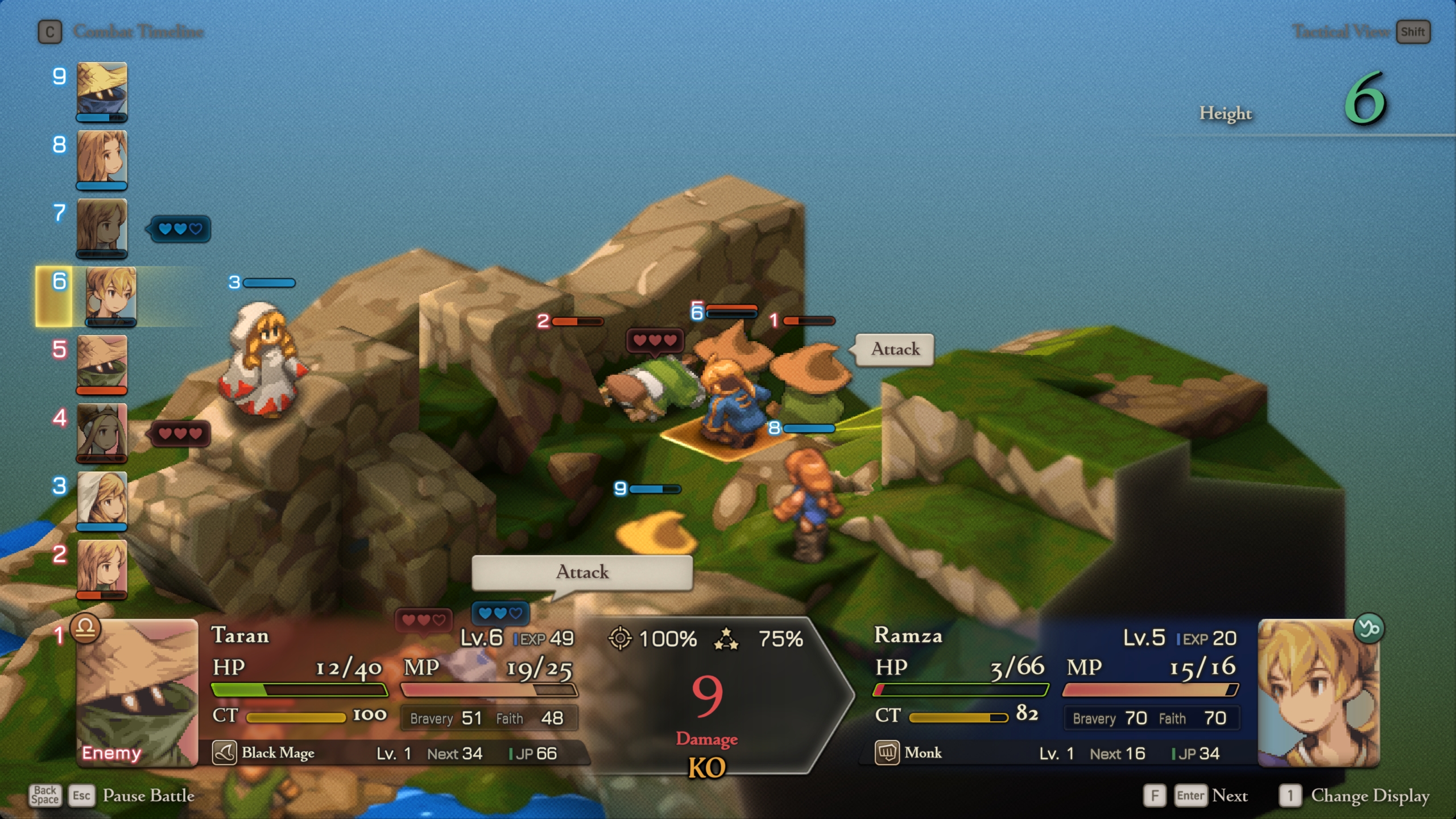This year's JRPG remakes keep proving that old games don't just get by on nostalgia: They're still just really good games
Fun most definitely allowed.
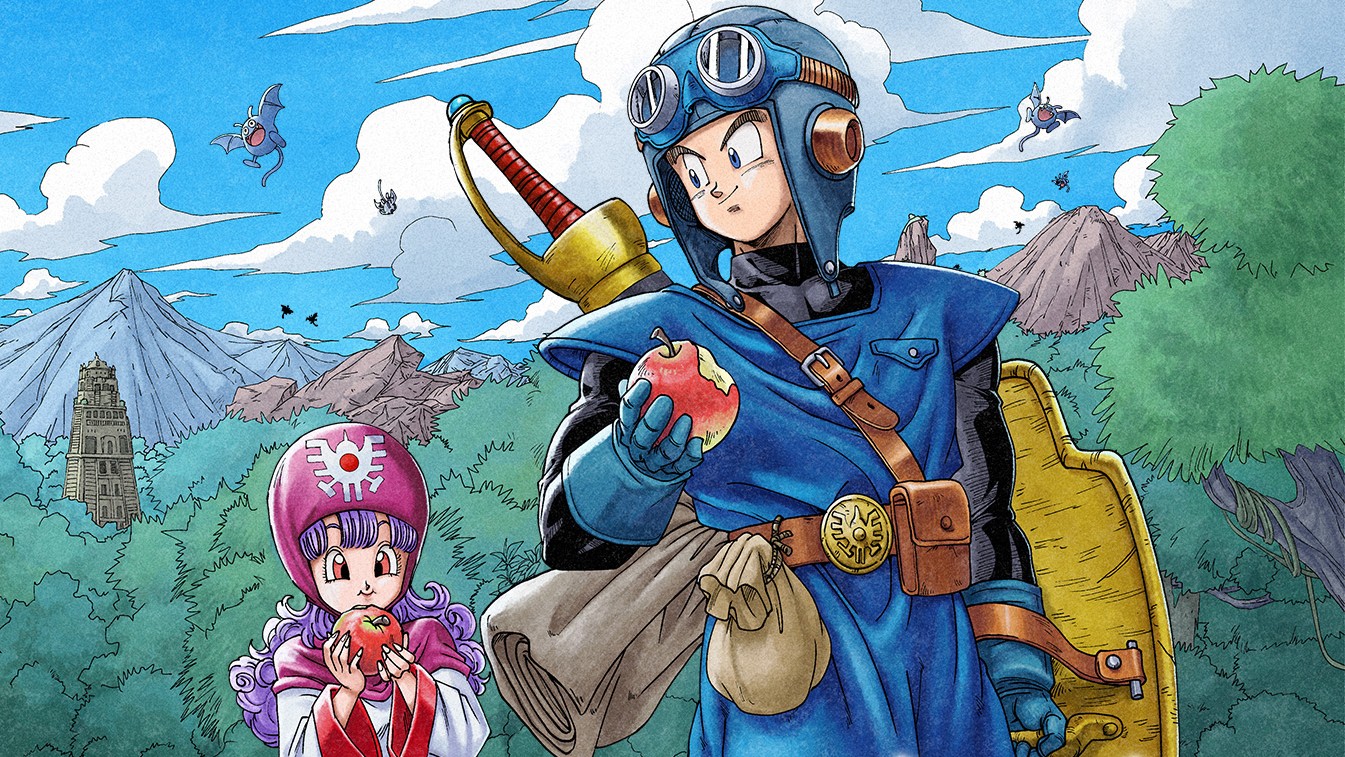
Light some fireworks and crack open a bottle of champagne—Dragon Quest 1 and 2 have been reborn in respectfully remastered forms on Steam. These games, so old and basic their first PC ports (to Japan's MSX in the 1980s) didn't even have side-facing sprites, are more than merely unmissable 40 years later: they're foundational works in the RPG genre. And thanks to these gorgeous remasters everyone can easily acquaint themselves with their importance and nod in sage agreement when someone claims it's possible to draw a line from Dragon Quest's "little guy goes on a big adventure" to Clair Obscur.
I'm pretty sure that's what I'm supposed to say as a certified fan of ye olden dayes, anyway.
Sometimes I feel like my job is to make sure these new-old games are digested in the "correct" way. I dish out appropriate explanations/excuses for their age and mumble phrases like "timeless classic" and "historical context" as I do so. Surely it'd be a complete waste of a re-release if these titans weren't respected as interactive history lessons, right?
But what if there was another, better reason to play them that had nothing to do with the word "nostalgic?" What if I said you should pick them up in 2025 just because they're really good fun?
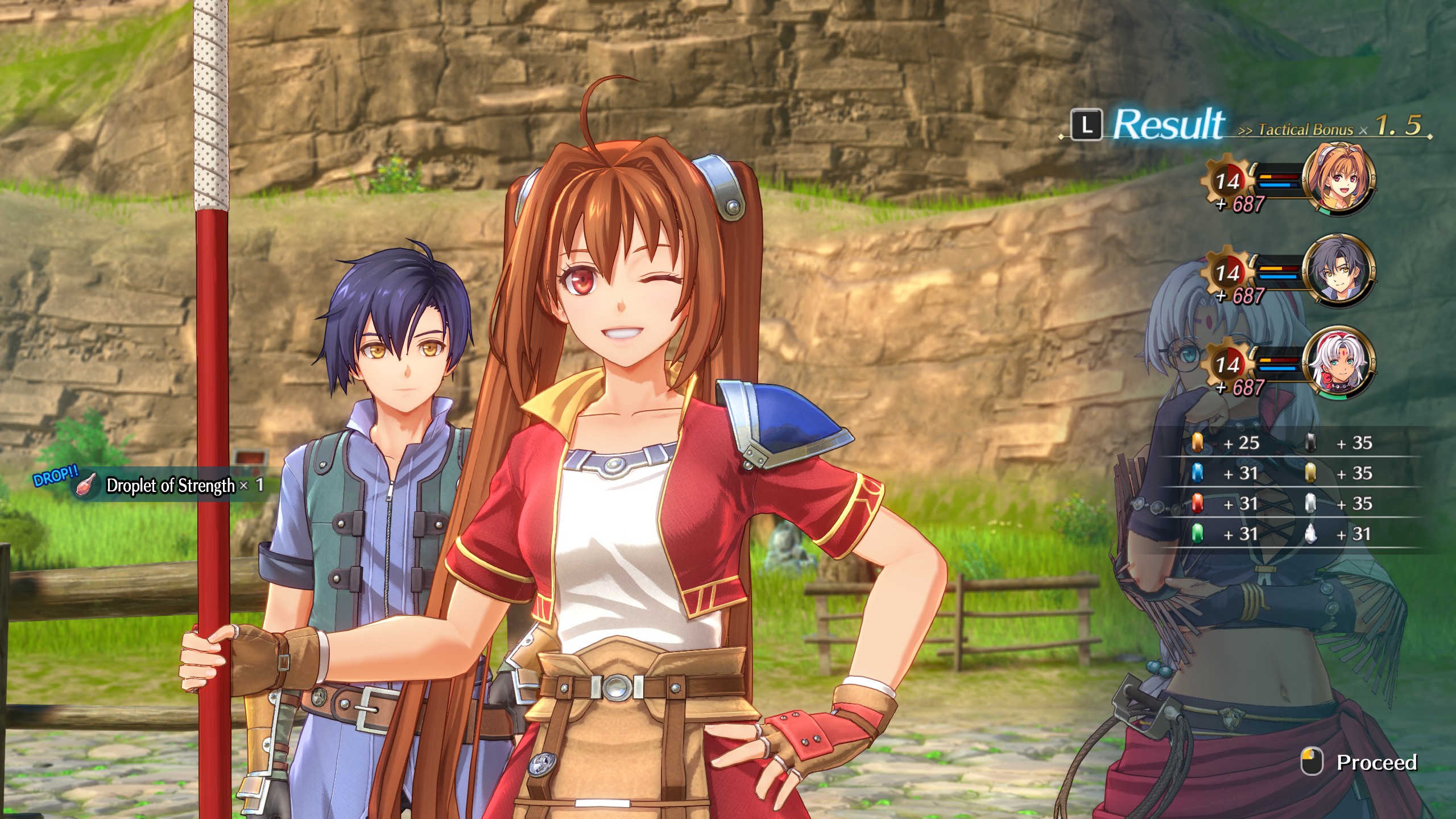
What if I dared to say that these games are immaculately crafted RPGs even when judged by today's "standards," and that I think they should be experienced by all and sundry for the simplest reason: anyone with even a casual interest in RPGs can have a good time playing them?
Dragon Quest 1 & 2 HD-2D is merely the latest in the past year or so's lineup of stunning Japanese RPG remasters and remakes, each one a reminder of just how strong these games have always been—even if it does take a shiny new release to get some people to play them.
- Final Fantasy Tactics: The Ivalice Chronicles introduced brand new dialogue to familiar faces
- Dragon Quest 3 HD-2D gave the series a stunning new look
- Romancing SaGa 2: Revenge of the Seven completely reimagined an obtuse classic
- Trails in the Sky 1st Chapter refreshed Falcom's headline series for a new era
- Persona 3 Reload did much the same, bringing the art in line with Atlus's newer RPGs
The original Dragon Quests are older than any of those, yet no less interesting for it. The first is a classic fantasy hero's tale, all great evils in scary castles and kind princesses to rescue for fretting kings. There are right-angled dungeons to explore, treasures to find, ancient doodads to ask wise old men about, and wrongs to right. The second opens with an attention-grabbing calamity that snowballs into a legendary family adventure, a tight-knit group of brave royal cousins vowing to head off and save their kingdoms.
Keep up to date with the most important stories and the best deals, as picked by the PC Gamer team.
A little clichéd? Not any more, actually. Modern examples of the genre have shifted so far away from heroic sword 'n' sorcery adventures that these games feel as fresh as they did in the '80s. Nobody's making truly earnest RPGs starring dream-directed Descendants of Destiny setting off to fight the forces of darkness these days, stories where a good heart and a shining sword can solve an entire world's problems.
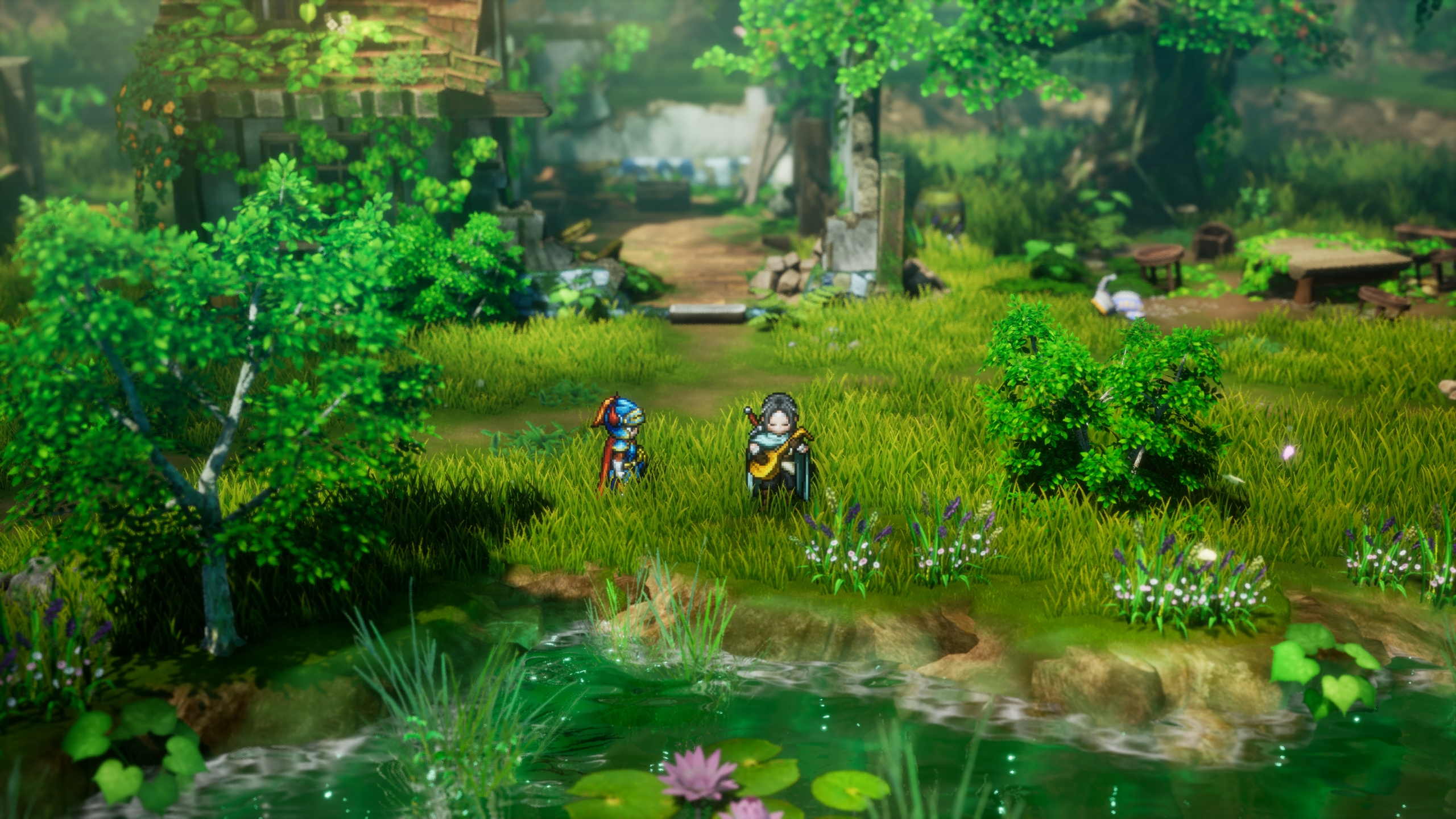
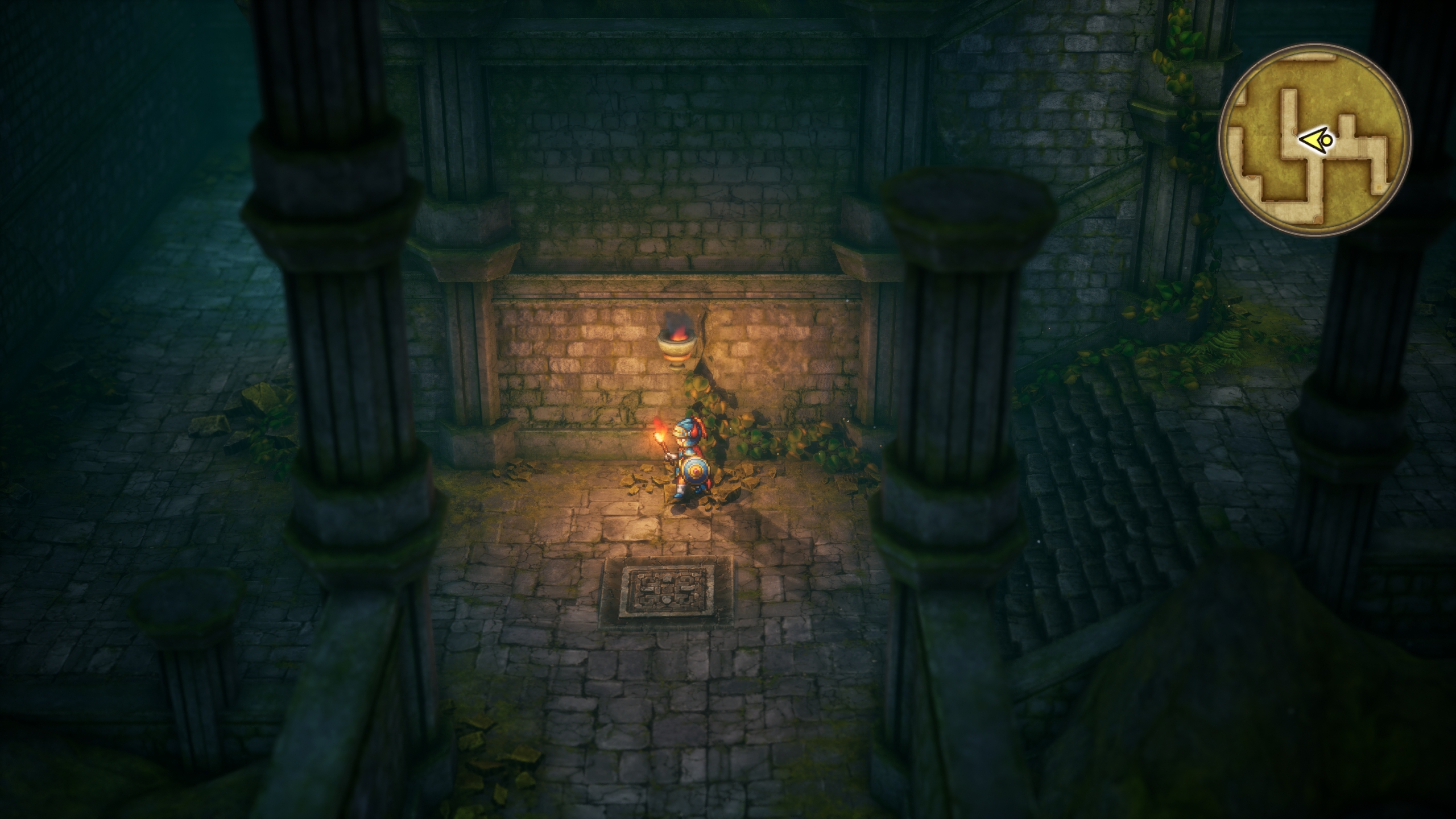
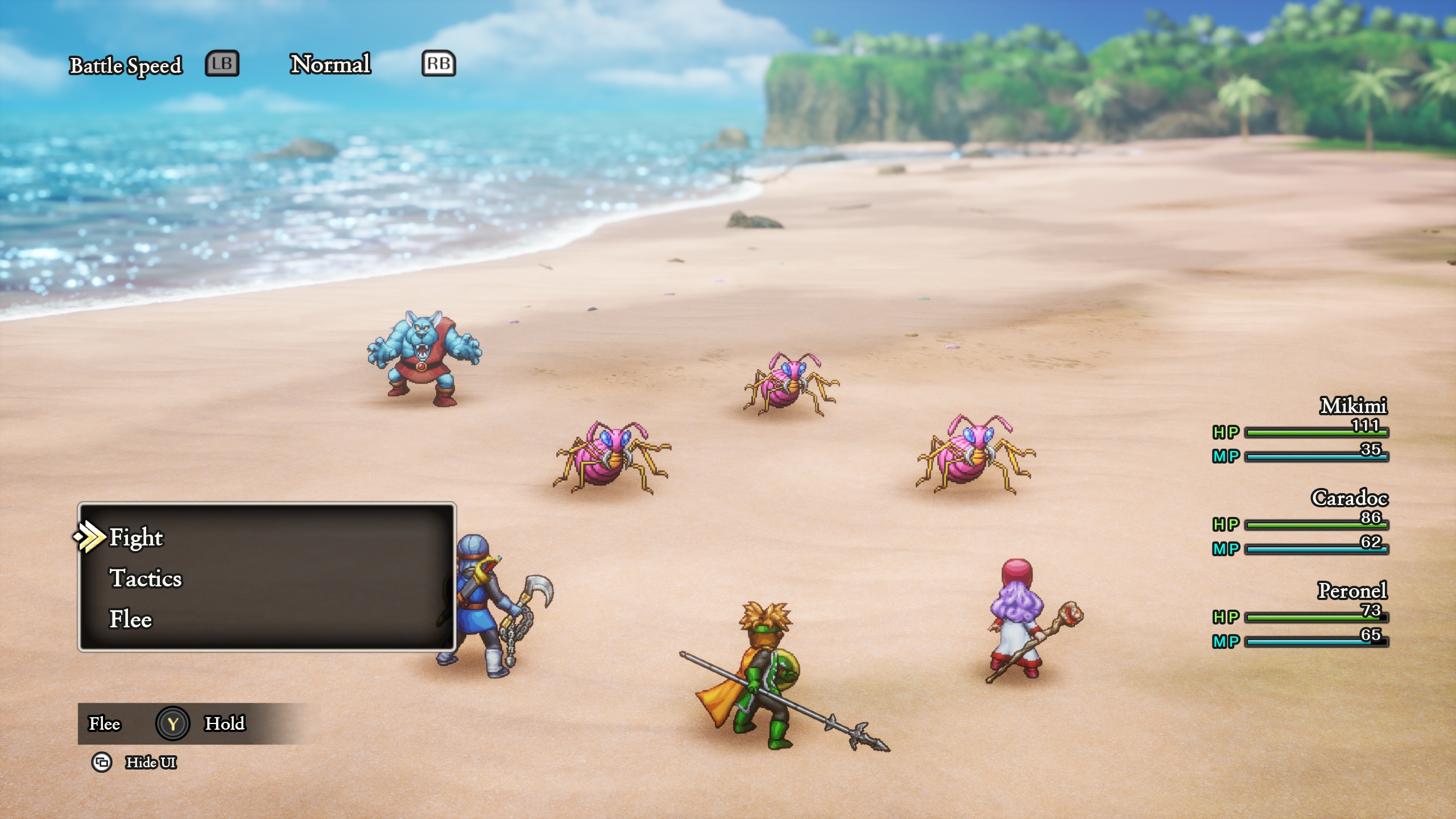
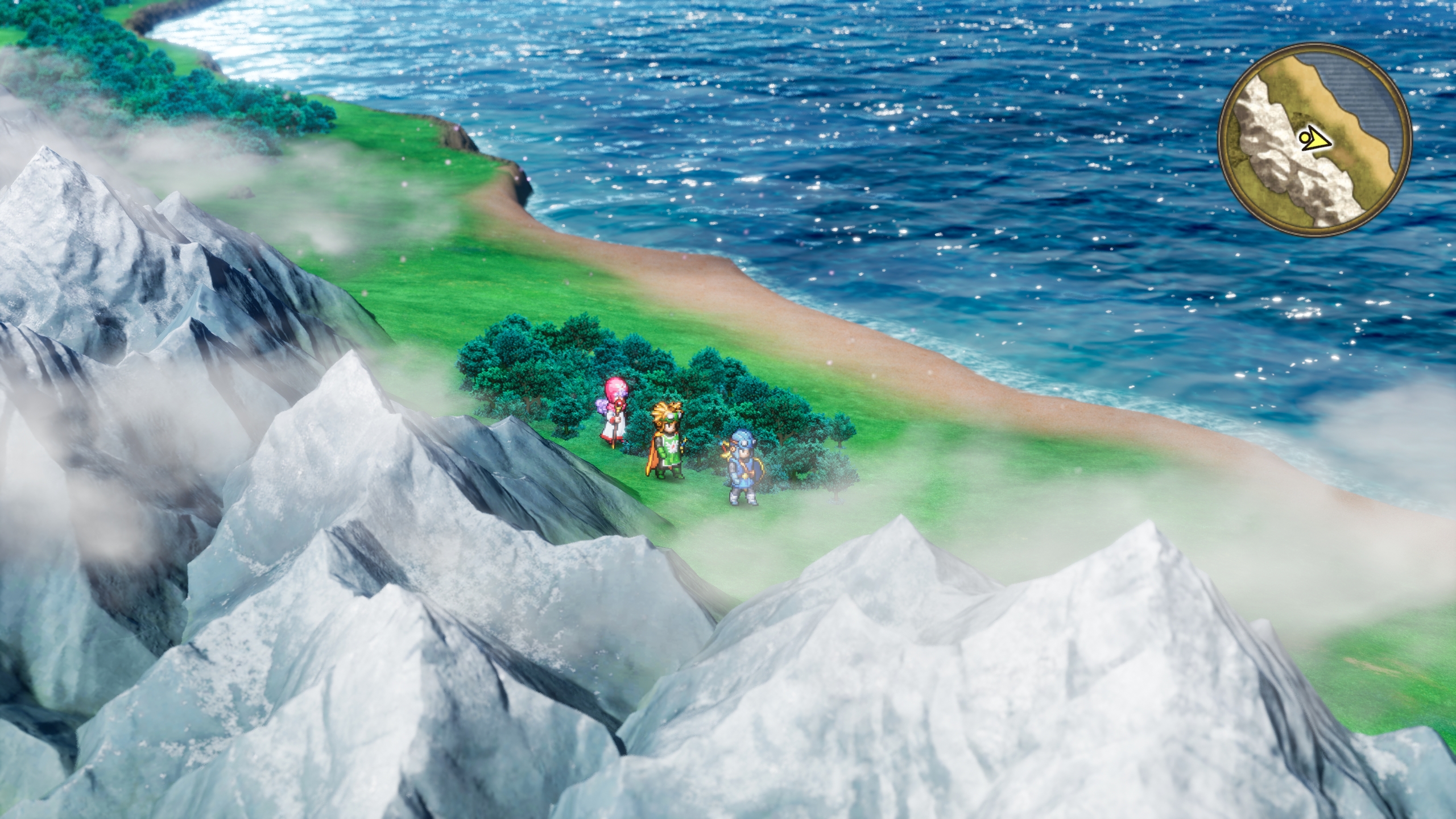
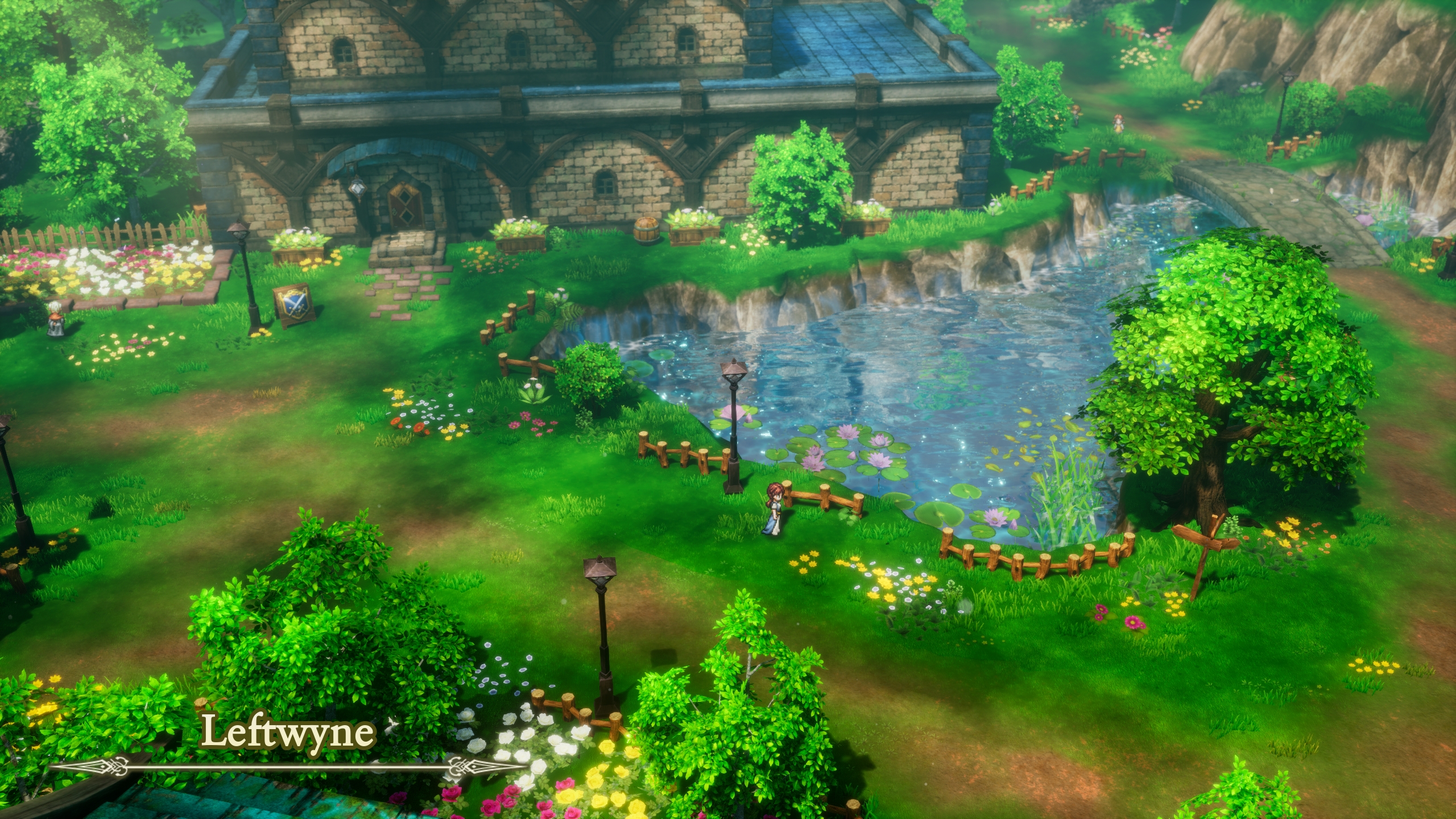
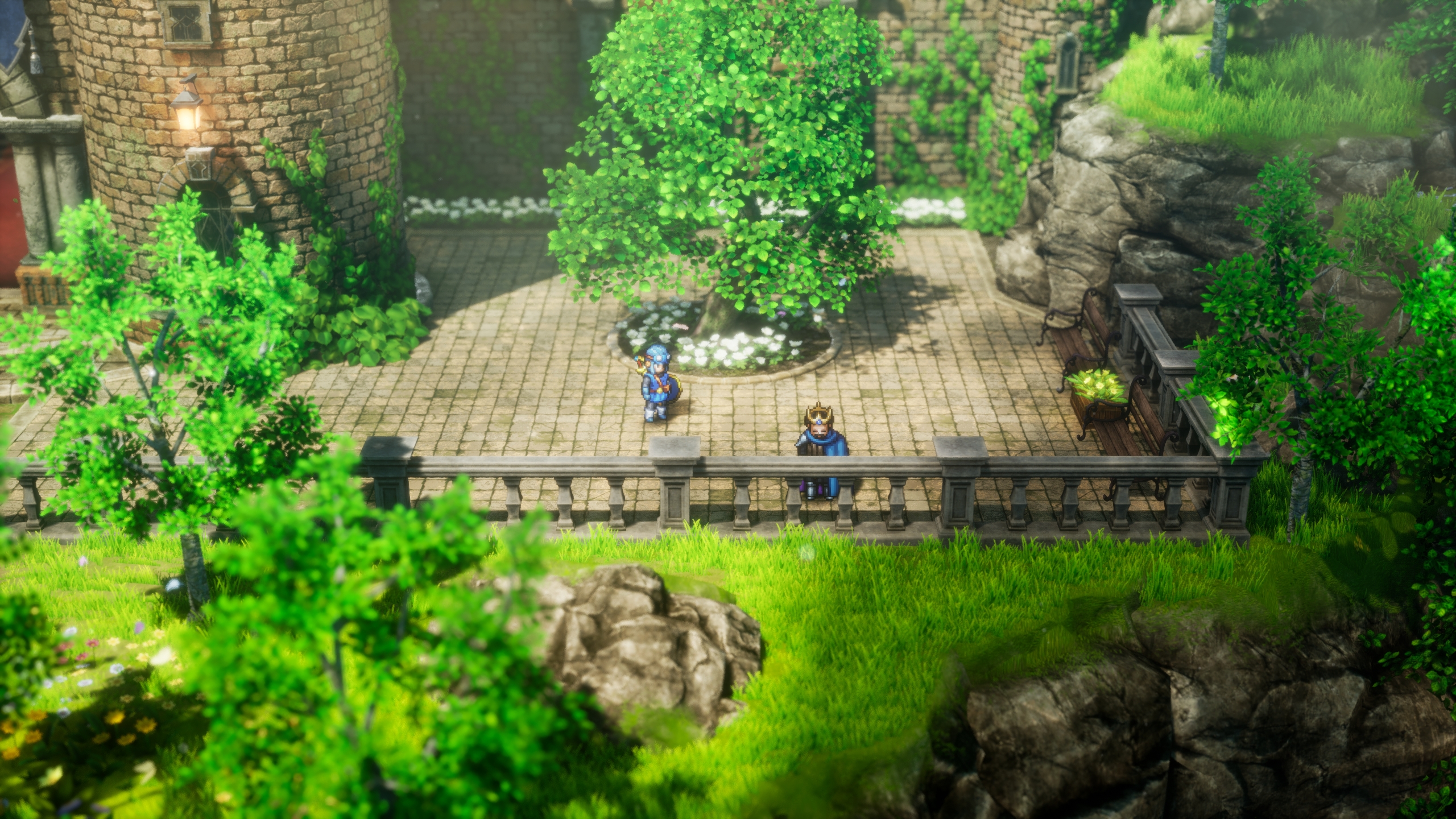
Nobody's making games this refreshingly simple, either.
I can't throw a d20 at a list of upcoming games without hitting an epic RPG that wants me to obsess over it for a month or more, eager to wow me with an imaginative twist on some already complex concept or drag me into a dark and labyrinthine narrative. I've played more than 500 hours of Baldur's Gate 3, but as more and more RPGs aspire to that high bar or lean further towards action, these focussed stories that move along at a brisk pace are a delight.
Every line of dialogue quickly gets to the point and every exciting scene set in some quaint, impossibly verdant village swiftly directs me to another in the next town over. Not only are older RPGs still fun, they're an antidote for the bloat that afflicts so many modern games.
The same can be said for the somewhat vanilla turn-based battle systems. On the whole I'm expected to hit things until they fall over, and use healing items/magic to make sure my party is the last one standing. That's it. My hat has no synergies with my shield. My accessories can't proc some niche-but-useful additional effect. "Best in slot" here means picking whatever piece of equipment has the biggest number attached to it.
Boring, right? Well… no.
I like how straightforward it all is. There's a certain "comfort food" aspect of it for sure in Dragon Quest—no other series has those iconic sound effects, or such a wonderful menagerie of Akira Toriyama designed monsters to whack—but there's also a keen sense of balance too. The random encounters are pitched just right, frequent enough to make a dash towards a treasure chest feel like a real risk, but not enough to irritate. Battles are deep enough to make me worry about enemy speed and consider casting a strategic buff, while not making every turn a gimmick-laden chore. It carries itself with the quiet confidence that only a proven timeless classic can; simple, but never stupid.
Yes, these games are important, and their influence has shaped the genre in almost countless ways. Even concepts as common as building up a team of predefined heroes (Dragon Quest 2), extensive multi-game worldbuilding (Trails), glorious, bewildering freedom (SaGa), and intense political conflict (FFT and pretty much everything else Matsuno has ever touched) were popularised by these RPGs that are now getting second lives with remakes and remasters. Their achievements should be noticed and praised as the brave, ambitious, and ultimately timeless additions to the fabric of the genre they are.
But not at the expense of undermining the quality of the games themselves. They're influential chiefly because a lot of people have a very good time playing them.
The classic Dragon Quests may not be all that deep, but that just means every reason to love them is already sitting on the surface, easily encountered. Less retro game and more living legend, this pair of carefully restored oldies are plain good fun. That's it. And that's enough.

Kerry insists they have a "time agnostic" approach to gaming, which is their excuse for having a very modern laptop filled with very old games and a lot of articles about games on floppy discs here on PC Gamer. When they're not insisting the '90s was 10 years ago, they're probably playing some sort of modern dungeon crawler, Baldur's Gate 3 (again), or writing about something weird and wonderful on their awkwardly named site, Kimimi the Game-Eating She-Monster.
You must confirm your public display name before commenting
Please logout and then login again, you will then be prompted to enter your display name.
